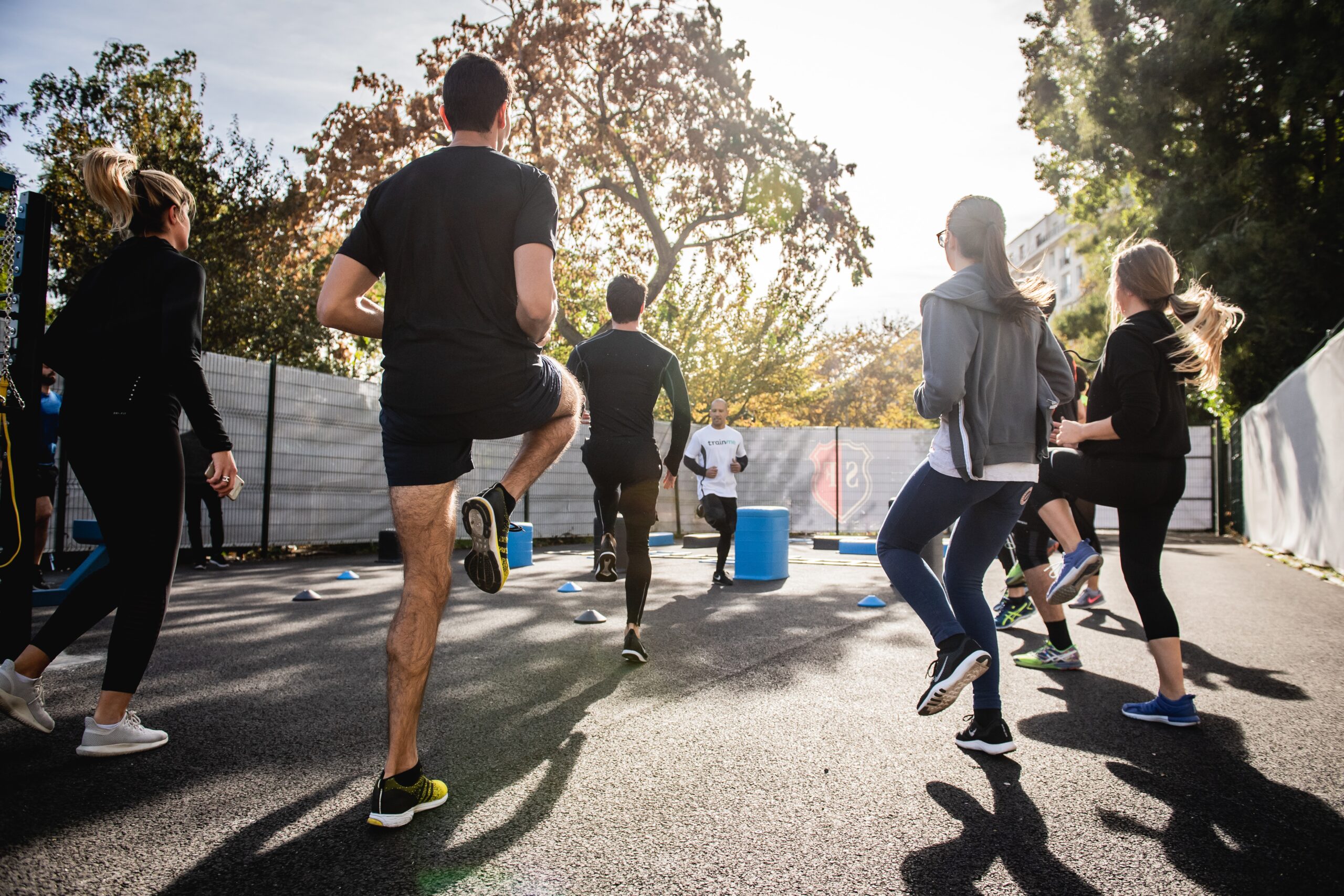Boosting Immunity as a Student: Tips for a Healthy and Productive Life
Being a student can be a challenging and demanding phase of life. Juggling between classes, assignments, and social activities can leave little time for self-care. However, prioritizing your health, especially your immune system, is crucial to ensure a productive and fulfilling student life. In this article, we will explore some practical tips on how to boost your immunity as a student. Eat a Balanced Diet One of the most effective ways to boost your immunity is by maintaining a healthy diet. As a student, it’s easy to fall into the trap of unhealthy eating habits, such as relying on fast food or skipping meals. However, making conscious choices and incorporating nutrient-rich foods can make a significant difference. Include a variety of fruits, vegetables, whole grains, lean proteins, and healthy fats in your meals. These foods are packed with essential vitamins, minerals, and antioxidants that support your immune system. Avoid excessive consumption of sugary snacks and beverages, as they can weaken your immune response. Stay Hydrated Drinking enough water is often overlooked but plays a vital role in maintaining a strong immune system. Dehydration can make you more susceptible to illnesses and affect your overall well-being. Carry a water bottle with you and aim to drink at least 8 glasses of water a day. If plain water seems boring, you can infuse it with fruits or herbs for a refreshing twist. Get Sufficient Sleep Sleep is often sacrificed in the hectic life of a student, but it is crucial for a healthy immune system. During sleep, your body repairs and rejuvenates itself. Lack of sleep can weaken your immune response and make you more prone to infections. Establish a regular sleep schedule and aim for 7-9 hours of quality sleep each night. Avoid caffeine and electronic devices before bedtime, as they can interfere with your sleep patterns. Creating a calm and comfortable sleep environment can also help you get a good night’s rest. Stay Active Regular physical activity not only helps you stay fit but also boosts your immune system. Engaging in exercise increases blood circulation, which allows immune cells to move more freely throughout your body. It also helps reduce stress and promotes better sleep. Find activities that you enjoy, whether it’s going for a jog, dancing, cycling, or practicing yoga. Aim for at least 30 minutes of moderate-intensity exercise most days of the week. If you find it challenging to squeeze in dedicated workout sessions, incorporate physical activity into your daily routine, such as taking the stairs instead of the elevator or walking to nearby places. Manage Stress As a student, stress can be a constant companion. However, chronic stress can take a toll on your immune system. Finding healthy ways to manage stress can significantly boost your overall well-being. Take breaks during study sessions, practice relaxation techniques like deep breathing or meditation, engage in hobbies that bring you joy, and maintain a healthy work-life balance. Surrounding yourself with a supportive network of friends and family can also help alleviate stress. Practice Good Hygiene Prevention is always better than cure. Practicing good hygiene habits can reduce your risk of getting sick and spreading infections to others. Wash your hands regularly with soap and water for at least 20 seconds, especially before eating or touching your face. Cover your mouth and nose with a tissue or your elbow when coughing or sneezing, and dispose of used tissues properly. Avoid close contact with sick individuals and maintain cleanliness in your living space to minimize the spread of germs. Consider Supplements In addition to a healthy diet, certain supplements can support your immune system. However, it’s essential to consult with a healthcare professional or a registered dietitian before starting any new supplements. They can guide you on which ones are suitable for your specific needs. Vitamin C, Vitamin D, Zinc, and probiotics are some of the commonly recommended supplements for immune health. However, remember that supplements are meant to complement a healthy lifestyle, not replace it. In Conclusion By following these tips, you can boost your immunity as a student and enjoy a healthier and more productive life. Prioritizing your well-being will not only help you stay physically healthy but also improve your mental and emotional well-being, leading to academic success and personal growth.









